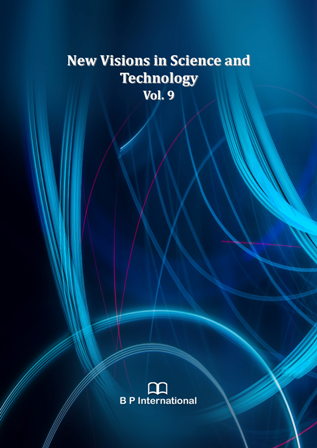A Lightweight and Efficient DL Based Intrusion Detection System: An Advanced Study
New Visions in Science and Technology Vol. 9,
8 November 2021,
Page 1-6
https://doi.org/10.9734/bpi/nvst/v9/1996C
The intrusion detection system using various machine learning algorithms have been developed. Various available datasets have been used for training and testing purposes. The performance matrix like accuracy, precision, recall etc., have been evaluated using various ML algorithms. A few deep learning methodologies have been also used to measure the performance metric on various data sets. As a challenge and the future work there is need of using other various deep learning methods which gives more accuracy with real time data traffic. In this article we will be studying on various methods of machine learning deep learning methods used for evaluating the performance measure on various data sets.
